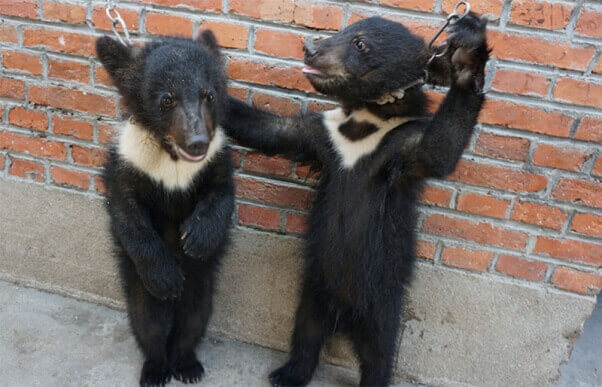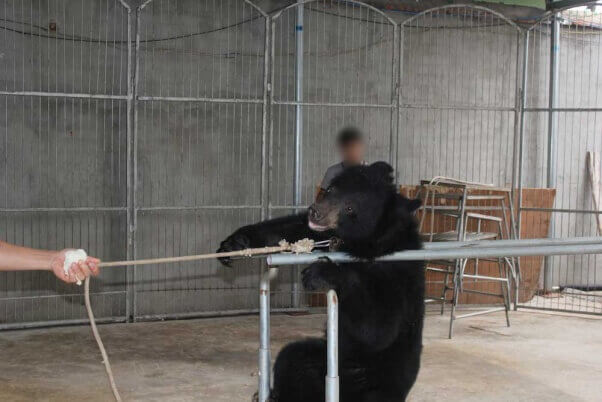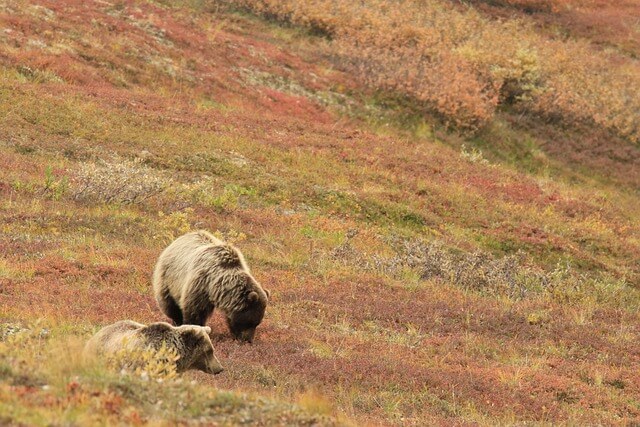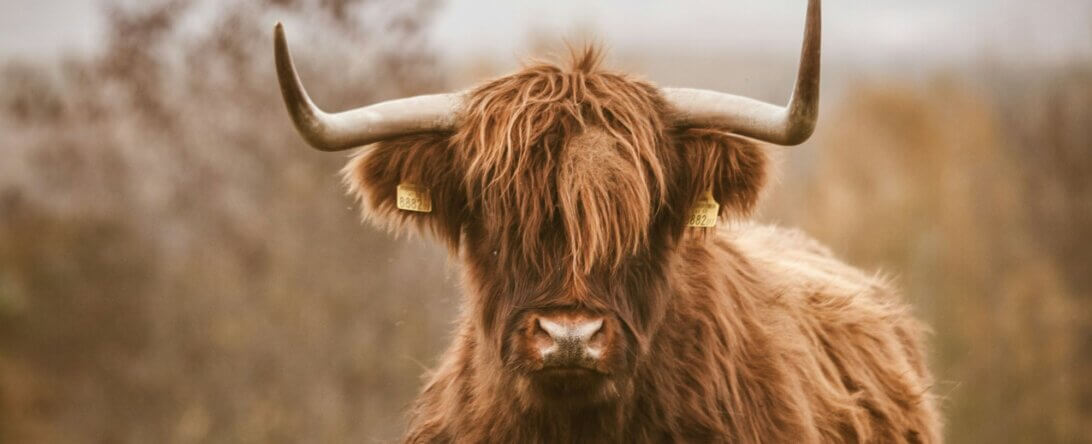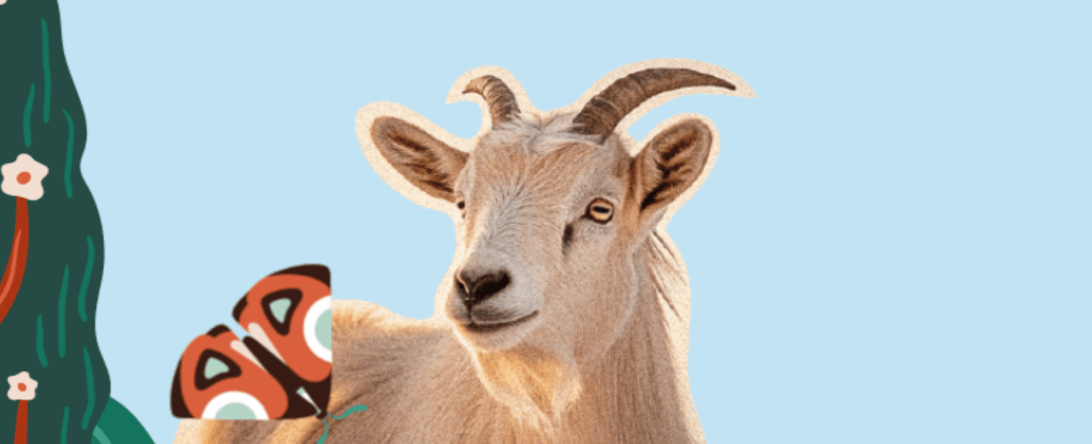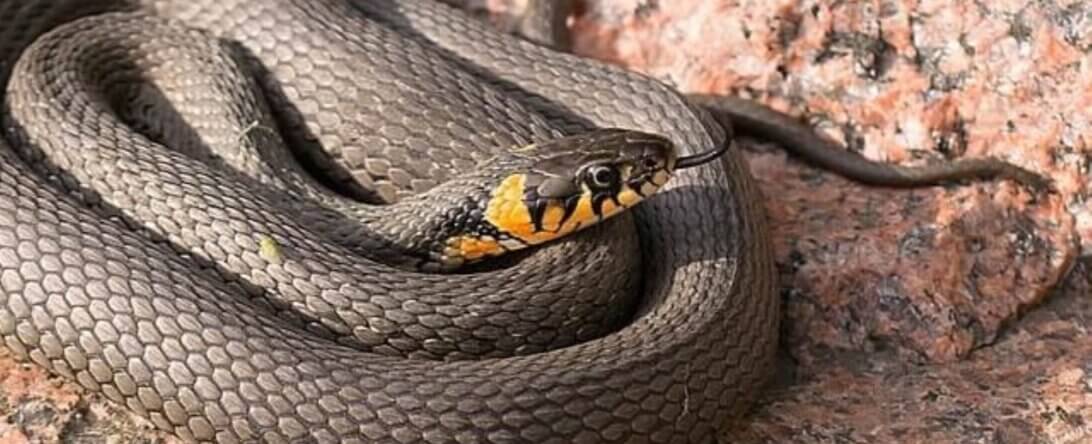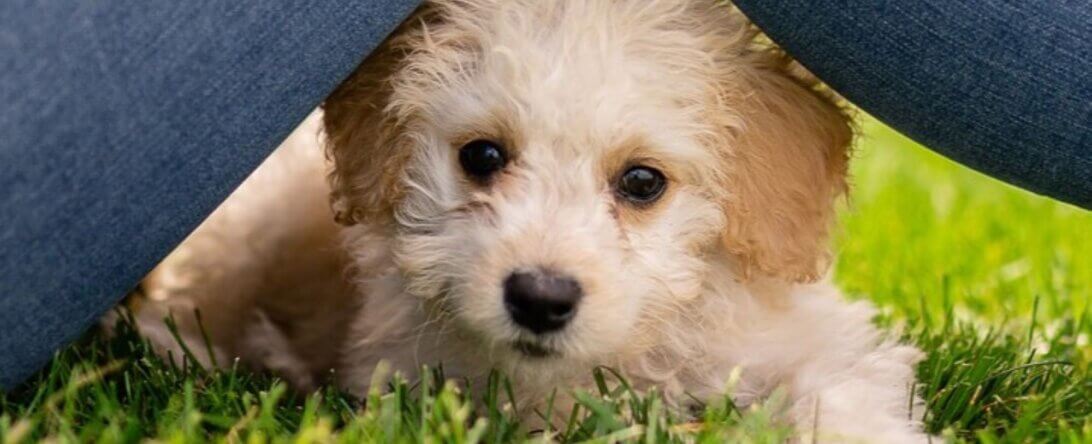6 Heartbreaking Reasons Why Bears Shouldn’t Be in Circuses or Traveling Shows
More and more people are learning that big cats and elephants suffer in circuses, but did you know that bears are also abused for shows? Like tigers, elephants, and lions, bears don’t choose to perform, and they’re treated just as terribly as the others are.
Here are six reasons why bears don’t belong in the circus or any traveling show:
1. They’re forced to stand on their hind legs for hours—if they can’t do it, they risk choking and hanging themselves.
A PETA Asia observer visited 10 circuses and training facilities in Suzhou, China, and learned that trainers chain bear cubs by the necks and tether them to a wall to “teach” them to walk on their hind legs. They’re forced to remain upright, sometimes for hours. Even if they’re exhausted, they have to hold themselves up—otherwise, they could choke or hang themselves.
We’re sure you’ve seen video footage of bears in their natural environment. While standing upright is something they sometimes choose to do to look out on the horizon, take in smells from a distance, or reach delicious fruits at the tops of bushes, standing upright for any length of time or walking on their hind legs for more than a couple of steps is an unnatural behavior for them.
2. Trainers make them perform mindless, uncomfortable tricks out of fear.
Trainers force bears to jump over objects, balance on rolling barrels, ride on bicycles or scooters, carry balls to a basket, and perform other confusing, tedious tricks. Some cry out during the “training exercises” for these stunts.
3. They’re in a constant state of distress when “performing.”
While you may know a human who can easily walk on their hands, this position is unnatural for bears. Even so, they have to do such tricks in the circus. During a Tangier Shrine Circus performance in Iowa, an attendee filmed disturbing video footage in which a frightened bear urinated—in obvious distress—when the trainers made her walk on her front legs.
4. Their families are torn apart, and they’re forced to live in cramped cages.
Circuses all over the world tear families apart. Cubs are taken away from their mothers and forced to be in close proximity to humans. When they aren’t enduring awful training exercises or stage performances, they’re often left in tiny cages where they have little room to move freely. For animals who normally have a large home range in nature, being confined to a cage like this is lonely, stressful, and unnatural.
5. Circus conditions often cause them to become depressed and develop severe psychological problems.
Bears in nature roam home ranges that can encompass hundreds of miles. With no freedom or adequate space to move around, bears in circuses can become severely depressed. They’re normally energetic animals who need to satisfy their curiosity by exploring their surroundings and searching for their next meal.
Bears used in circuses frequently start pacing continuously—a sign of severe psychological distress.
6. No sentient being wants to be exploited in a circus.
Like all living, feeling beings, bears are meant to be free. No one should have to live in a cage and perform meaningless tricks for the sake of entertainment.
*****
What You Can Do to Help Bears
Pledge never to visit any circus or traveling show that uses animals, and urge your friends and family members to stay away from them, too! There are many marvelous circuses and attractions with only willing human performers, who choose to learn stunts. Bears exploited for entertainment don’t have a choice about performing. With your help, we can end this cruelty.
Text peta2 to 30933 for ways to help animals, tips on compassionate living, and more!

Terms for automated texts/calls from peta2: http://peta.vg/txt. Text STOP to end, HELP for more info. Msg/data rates may apply. U.S. only.

